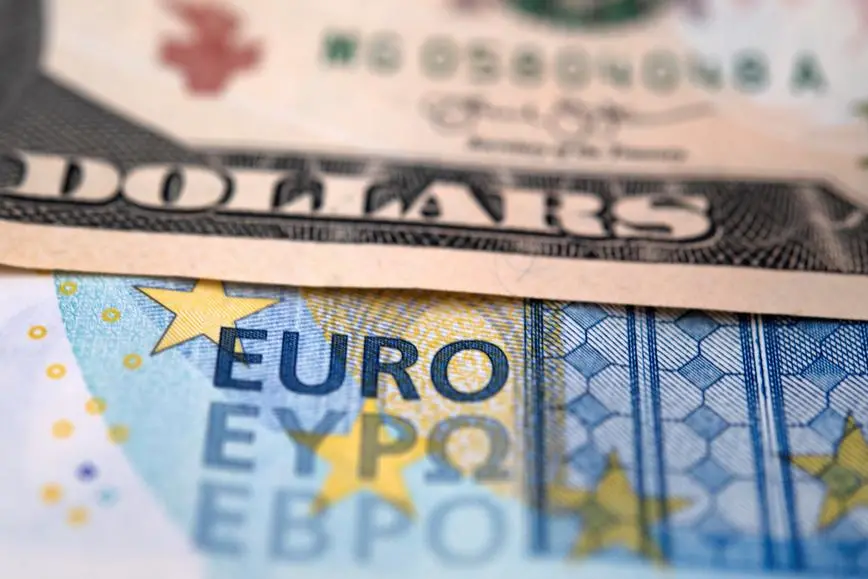PHOTO
Eurozone business activity fell in January for the eighth straight month, but the rate of decline slowed from December, a closely-watched survey showed Wednesday.
The HCOB Flash Eurozone purchasing managers' index (PMI) published by S&P Global registered a figure of 47.9 in January from 47.6 in December. It is the smallest decline since July last year. A figure below 50 indicates contraction.
"The reading nevertheless suggests that the eurozone's deepest contraction since 2013 (if early pandemic months are excluded) has persisted into the new year," S&P Global said.
While there are worries over the impact of strikes in the Red Sea by Yemeni rebels on global shipping, the survey found despite disruptions, "manufacturing input costs continued to fall on average".
Cyrus de la Rubia, chief economist at Hamburg Commercial Bank, said the attacks had made "discernible impacts on supply chains".
But he pointed to industry reports showing that this time, "businesses are not caught off guard like they have been previously, having learned from past disruptions".
The coronavirus pandemic that began in 2020 exposed many weaknesses in supply chains worldwide, forcing governments and businesses to think differently to avoid similar issues in the future.
But weaknesses persist in the EU's economic powerhouses of France and Germany.
In France, the EU's second-biggest economy, manufacturing and services sectors recorded steepening contractions as output fell at the sharpest rate since September.
Business activity also slumped at a faster rate in Germany, the bloc's biggest economy.
De la Rubia said the contraction in output was more pronounced in France than in Germany, a major exporter which may have benefited from a pick up in external demand.





















